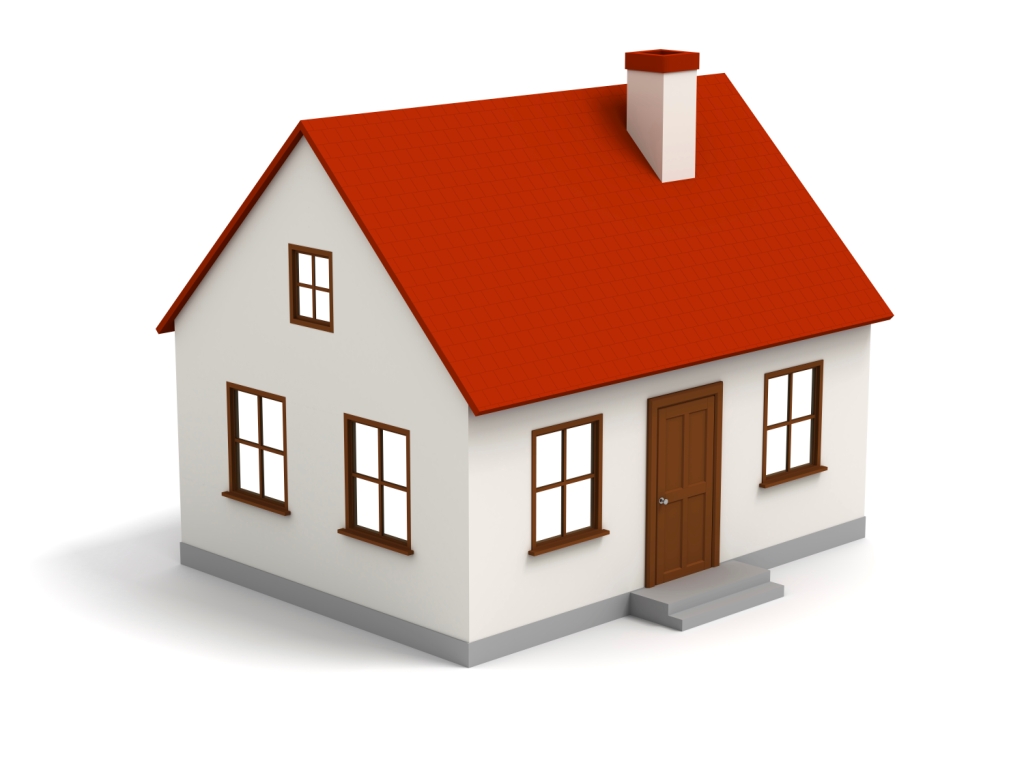Beyond Buildings – The Rise of Lifestyle Cities and Mixed-Use Developments in Ghana
Introduction: Welcome to the New Ghanaian City
In 2025, Ghana is moving past the old idea of cities as chaotic, overpopulated, and disconnected. A new model is emerging—lifestyle-centered, mixed-use developments that seamlessly combine where we live, work, shop, and play.
These aren't just real estate projects. They're urban ecosystems—where high-rise apartments sit above co-working cafés, gyms connect to garden trails, and art galleries neighbor gourmet restaurants. In short, these are mini-cities within cities, and they are transforming how Ghanaians experience urban life.
What Is a Mixed-Use Development?
A mixed-use development blends multiple functions into one integrated project. Typical combinations include:
-
Residential (apartments, townhomes)
-
Commercial (offices, banks, co-working spaces)
-
Retail (shops, markets, cafés)
-
Recreation (gyms, lounges, green parks, swimming pools)
-
Cultural/Community Spaces (event centers, art spaces)
The goal? To reduce commute times, increase convenience, and create vibrant, livable hubs where everything is within reach.
Why Ghana Needs This Now
🚧 Urban Pressure
Accra, Kumasi, and Takoradi are expanding fast. Congestion, infrastructure strain, and poor urban planning have made daily life inefficient. Mixed-use hubs ease this pressure by creating self-sustaining zones that reduce traffic and improve access to amenities.
👩🏽💼 Rising Middle Class & Global Influence
Ghana’s aspirational middle class and returning diaspora are demanding more than just housing—they want lifestyle, community, and culture. Mixed-use projects deliver on all three.
🌿 Environmental Efficiency
By co-locating services and homes, mixed-use developments reduce carbon footprints, support green commuting, and make sustainability viable in urban planning.
Pioneering Mixed-Use Developments in Ghana
The Address (Roman Ridge) – by Devtraco Plus
A high-end blend of residences, hotel units, co-working lounges, wellness amenities, and hospitality services. The upcoming hotel tower (in partnership with Aleph Hospitality) adds an international edge, positioning this development as a true lifestyle enclave.
233 Boulevard (East Cantonments) – by Quao Realty
Combines smart apartments, communal pools, rooftop bars, and outdoor lounges. Designed for young professionals and digital nomads, this development offers everything from remote workspaces to nightlife.
Villagio Vista – by Trasacco Group
One of Ghana’s earliest examples of vertical mixed-use living. Located near Tetteh Quarshie, it houses residential units, retail shops, eateries, and spectacular rooftop views—making it a symbol of aspirational urban living.
Aurora Apartments – by Goldkey Properties
Fuses commercial office space with boutique apartments, appealing to executives, expats, and Ghana’s corporate elite. High-end amenities are integrated with functionality.
Key Features Shaping Future Projects
-
Smart Design
From IoT-controlled apartments to app-enabled concierge services, mixed-use developments in Ghana are becoming digitally managed urban systems. -
Green Spaces & Wellness Zones
Developers are integrating gardens, walking trails, outdoor gyms, and water features to promote physical and mental well-being. -
Community Culture
Modern urbanites crave social connection. These developments foster intentional interaction with communal lounges, rooftop bars, pet-friendly parks, and curated events. -
Retail Reimagined
Grocery stores, salons, cafés, banks, and pharmacies are being folded into residential zones—making them walkable micro-economies. -
24/7 Security & Infrastructure
With gated security, backup utilities, and smart surveillance, these developments are safe, independent cities within the city.
The Investment Opportunity
For investors, mixed-use developments offer:
-
Higher ROI from diversified income streams
-
Greater occupancy stability due to live-work-play synergy
-
Long-term value through urban resilience and desirability
-
Appeal to both tenants and owner-occupiers
Diaspora buyers, in particular, find these developments turnkey and income-generating, especially when linked to short-let or executive rental markets.
Challenges Ahead
-
Zoning and permitting delays for integrated projects
-
Upfront capital intensity for developers
-
Need for long-term maintenance culture
-
Affordability concerns—most projects still cater to upper-income brackets
But as demand rises and models mature, mid-tier and affordable mixed-use developments will follow—especially in fast-growing peri-urban corridors.
Conclusion: Cities Within Cities
In 2025, Ghana's future isn't being built one home at a time—it's being built one lifestyle district at a time. These mixed-use, hyper-functional communities offer more than real estate—they offer a new way of life.
If yesterday’s Ghana was about homes and roads, tomorrow’s Ghana is about experience, connection, and design-driven community. The age of lifestyle urbanism is here—and it’s just getting started.







 6:16 PM
6:16 PM
 kasqo2004
kasqo2004


 Posted in:
Posted in: 



